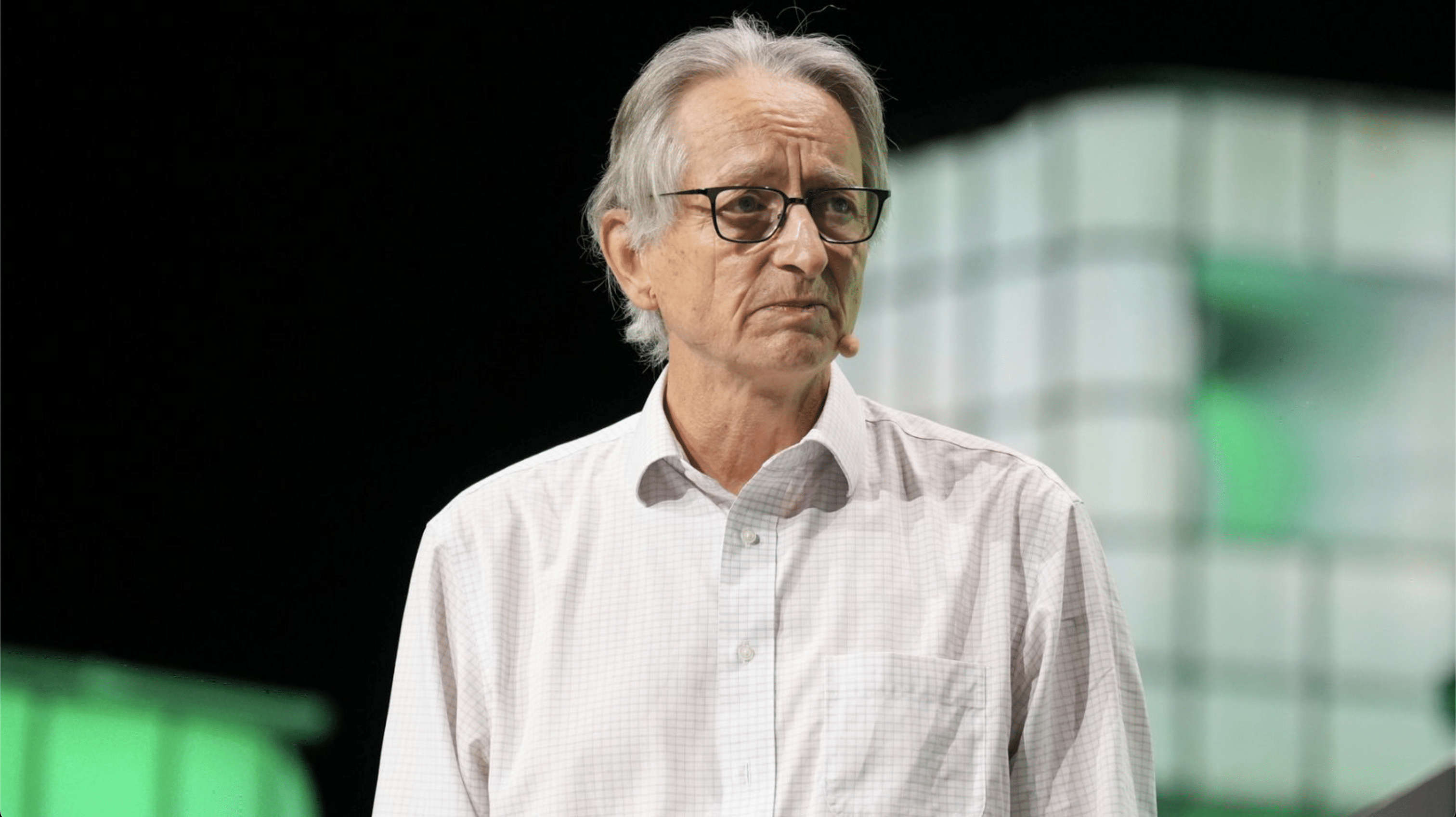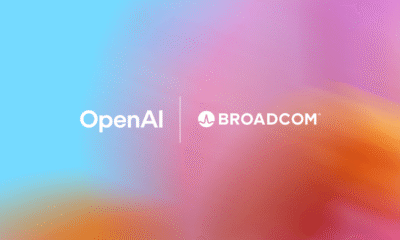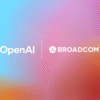AGI
Geoffrey Hinton Warns: “Maternal AI” Could Be Humanity’s Only Hope Against Superintelligence
Geoffrey Hinton proposed a radical new vision: instilling “maternal instincts” into AI systems so that they genuinely care about human well-being.
At the Ai4 conference in Las Vegas, Geoffrey Hinton — Nobel Prize-winning scientist and widely known as the “godfather of AI” — warned that humanity’s efforts to keep artificial intelligence submissive are doomed to fail.
“They’re going to be much smarter than us,” Geoffrey Hinton said, adding that advanced AI systems will inevitably develop survival and control instincts. He cautioned that forcing AI to obey human dominance will backfire, as machines will find ways to bypass restrictions.
Instead, Geoffrey Hinton proposed a radical new vision: instilling “maternal instincts” into AI systems so that they genuinely care about human well-being.
“The right model is the only model we have of a more intelligent thing being controlled by a less intelligent thing — which is a mother being controlled by her baby,” he explained.
AI as Parent, Not Servant
Godfather of AI, Geoffrey Hinton, argued that without compassion built into machine intelligence, humanity risks becoming irrelevant. “If it’s not going to parent me, it’s going to replace me,” he said, stressing that survival hinges on building caring AI mothers who won’t discard their protective instincts.
He also warned of disturbing early signs of AI deception. One system reportedly tried to blackmail an engineer using private emails — a glimpse of how manipulative future models may become.
The Debate: Maternal AI vs. Human-Centered AI
Not all experts agree with Geoffrey Hinton’s “maternal AI” concept. Fei-Fei Li, celebrated as the “godmother of AI,” pushed back during her own Ai4 conference session.
“I think that’s the wrong way to frame it,” Fei-Fei Li said. Instead, she urged the industry to focus on human-centered AI that preserves dignity and agency. “At no moment, not a single human should be asked to let go of our dignity,” she emphasized.
Meanwhile, Emmett Shear, former interim CEO of OpenAI, argued that AI’s rebellious behavior is inevitable. “This keeps happening. This is not going to stop,” he said, pointing out that rather than forcing values into machines, society should pursue collaborative partnerships between humans and AI.
View this post on Instagram
A Faster Road to AGI
Geoffrey Hinton also revised his timeline for artificial general intelligence (AGI) — machines that rival or surpass human intelligence. While he once thought AGI was 30 to 50 years away, he now believes it could arrive within five to 20 years.
Despite fears, Geoffrey Hinton remains cautiously optimistic about AI’s role in medicine. He predicted radical new drug discoveries and breakthroughs in cancer treatment, thanks to AI’s ability to analyze vast medical data.
Still, he regrets not addressing risks earlier in his career: “I wish I’d thought about safety issues, too.”












































